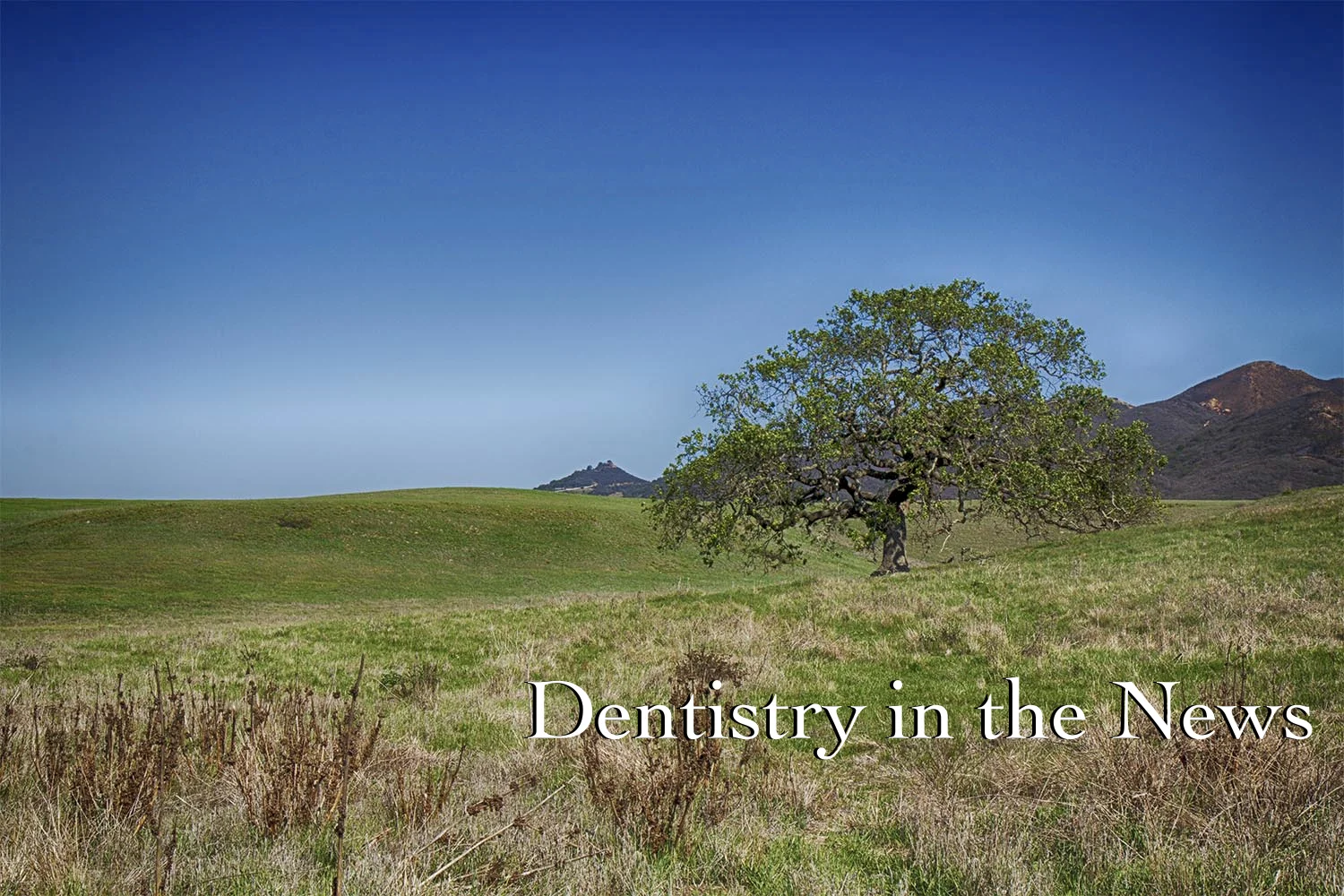Across the United States, about 30 Million people suffer from type 1 or type 2 diabetes. Chances are a friend, a family member or even you yourself are affected by this condition. Most patients are familiar with the general process of diabetes: your body either doesn't make enough insulin or responds to insulin improperly, leading to high amounts of sugar in the blood (known as high blood glucose). However, diabetes has global effects on all parts of the body, ranging from the heart, muscles, limbs and even the mouth. In this article we would like to explore the relationship between diabetes and dentistry. Take a look!
As you may have expected, poorly controlled diabetes has a negative effect on your teeth and gum. On the very surface, the root cause of type 2 diabetes (over consumption of sugar) is the same as dental decay. However, while diabetes comes from the quantity of sugar, cavities are caused by the duration of consumption. Diabetes also has a significant effect on the health of the gums and bones. Periodontal disease is typically worse in patients with diabetes, and has a poorer response to cleanings. Additionally, all types of surgeries (gum grafts, implants, sinus lifts, etc.) take longer to heal and have a higher chance of failure. The high concentration of blood glucose decreases the bodies ability to self-heal, and thus interferes with the procedure's success.
In an interesting turn, new research suggests that controlling periodontal disease has a positive effect on managing blood glucose in diabetics. It is though that by removing the chronic inflammation from your gum tissues, your body can better regulate it's response to inulin. This has had a profound effect on the management of diabetes and highlights the interplay between your mouth and your overall health. Some insurance companies, like Blue Cross Blue Shield, are now offering coverage for an additional yearly cleaning to their patients with diabetes. For them, better gum health results in better diabetes control and lower costs. For you, it means an easier path towards a healthy blood sugar level!
Of course, diabetes is only one of many conditions that has a delicate interplay with dentistry. Pregnancy, smoking, cancer treatment, HIV/AIDS and even stress can effect your dental treatment and how your body will respond. This highlights the importance of keeping us updated on all aspects of your health history- even the parts that seem irrelevant. If you would like to know more about the importance of dentistry in overall health, please contact our office!





















